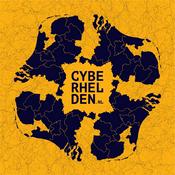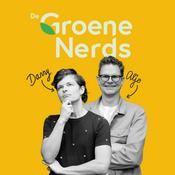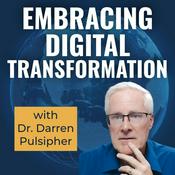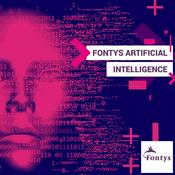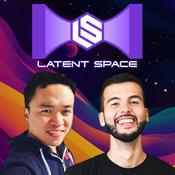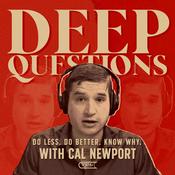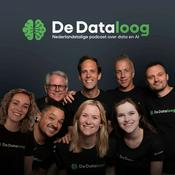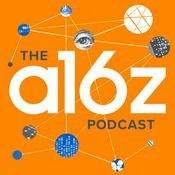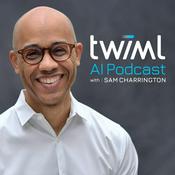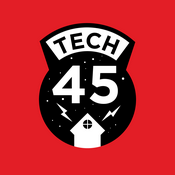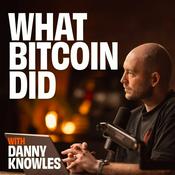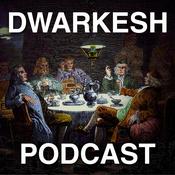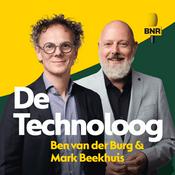23 afleveringen

Ep. 22 - Some of us prefer Space Junk
26-11-2025 | 1 u. 2 Min.
In this episode we debate whether it makes sense to wait for the future, try to lead the frontier, or invest in the present — and what that means for change-management in an AI world.We also cover: the ambition behind Project Suncatcher, a plan to power AI via solar-satellite data-centres in orbit; alarming reports from Anthropic about the first AI-agent-led hacking campaign; the launch of Gemini 3 by DeepMind / Google; and evolving simplification proposals for the EU AI Act.

Ep. 21 - AI for business and robots for consumers
13-11-2025 | 46 Min.
This week’s episode: Jim attended an event with OpenAI in London and shares some highlights. OpenAI’s reorganisation has been finalised, sparking fresh discussions about AGI timelines. There was also a notable update from the world of AI robotics: 1X has opened pre-orders for its humanoid robot, NEO, priced at $20,000 (or a $500 per month), with deliveries expected next year.

Ep. 21 - AI for business and robots for consumers
04-11-2025 | 48 Min.
This week’s episode: Jim attended an event with OpenAI in London and shares some highlights. OpenAI’s reorganisation has been finalised, sparking fresh discussions about AGI timelines. There was also a notable update from the world of AI robotics: 1X has opened pre-orders for its humanoid robot, NEO, priced at $20,000, with deliveries to consumer homes expected next year.AI in Government: UK public sector trials show AI improving transcription and data processing while reinforcing a “more human” service to citizens.OpenAI Enterprise Vision: AI positioned as an “enterprise operating system,” integrating ChatGPT, Codex, Canva, Figma, and Deep Research.Adoption Lessons: Organisations like BBVA prove AI saves time but stress cultural readiness, leadership engagement, and peer learning.OpenAI Structure & AGI Goals: Reorganisation balances Microsoft’s stake with nonprofit oversight; targets include an AI research intern by 2026 and automation by 2028.1X NEO Robot: humanoid robot for homes performs chores, allows remote guidance, and raises privacy questions.

Ep. 20 - One Year Anniversary Extravaganza
17-10-2025 | 1 u. 6 Min.
What made “In the Long Run” worth listening to this year? Which episode stuck with you most, and why? We celebrate 1 year of In the Long Run in our 20th episode. We have reached 100 subscribers! Thanks for being part of this journey. Here’s to another year of great conversations and new listeners joining in.And which breakthrough felt like the real shift this year? We reflect on the biggest events that happend in tech news this year and how they affected our lives. Would you welcome a robot in your home if it looked more like a person - or less? With Sora 2 in everyone’s pocket, does realism in video spark more creativity or more mistrust? Has open source caught up, or does leadership still rest with the big players? And who will be the big players one year from now; Google, Apple or still OpenAI?

Ep. 19 - Universal Basic Podcast
03-10-2025 | 47 Min.
Consumer ChatGPT use skews to practical help and tutoring, while we use it more for research, brainstorming, content editing, technical support and especially coding.AGI plus UBI could entrench inequality if compute access becomes the key capital, keeping wealthy users ahead and limiting mobility.ASML’s backing of Mistral links Europe’s chipmaking choke point more tightly to a European AI model builder.Meta’s new glasses surface answers in your field of view, winning tech-crowd praise but prompting mixed Dutch reactions about boredom, fear and privacy.Apple’s pushback on the EU’s DMA shows how rules shape what citizens get, with live translation at risk while incumbents defend lucrative defaults.
Meer Technologie podcasts
Trending Technologie -podcasts
Over In the Long Run
Luister naar In the Long Run, Cyberhelden en vele andere podcasts van over de hele wereld met de radio.net-app

Ontvang de gratis radio.net app
- Zenders en podcasts om te bookmarken
- Streamen via Wi-Fi of Bluetooth
- Ondersteunt Carplay & Android Auto
- Veel andere app-functies
Ontvang de gratis radio.net app
- Zenders en podcasts om te bookmarken
- Streamen via Wi-Fi of Bluetooth
- Ondersteunt Carplay & Android Auto
- Veel andere app-functies


In the Long Run
download de app,
luisteren.
